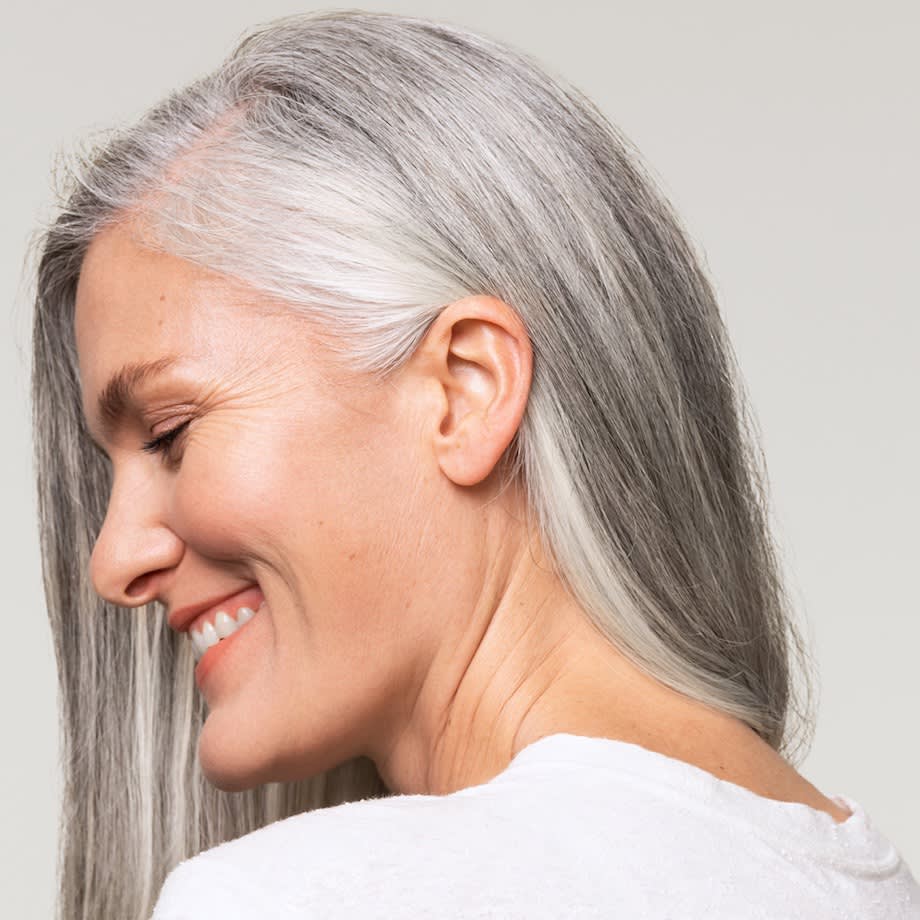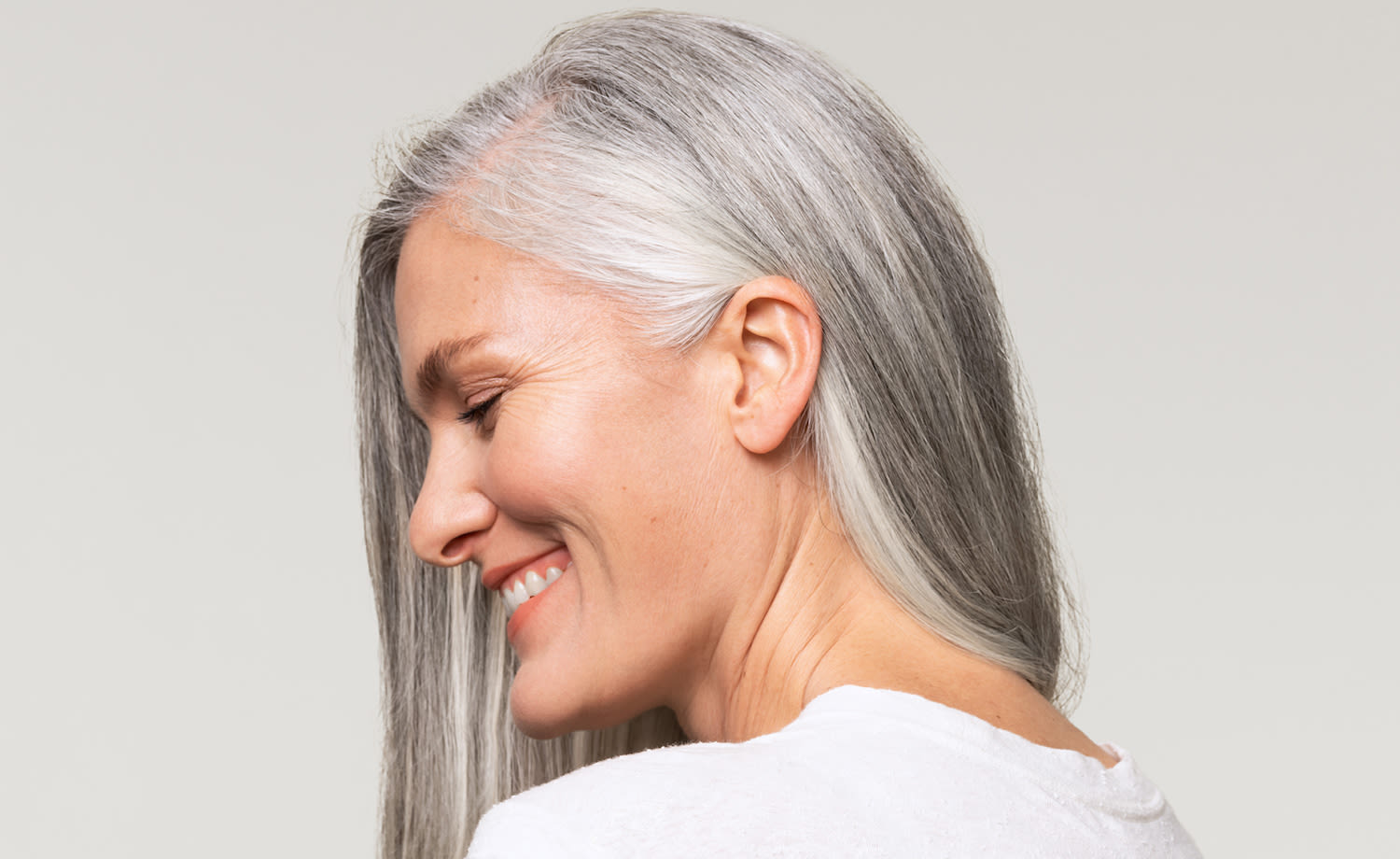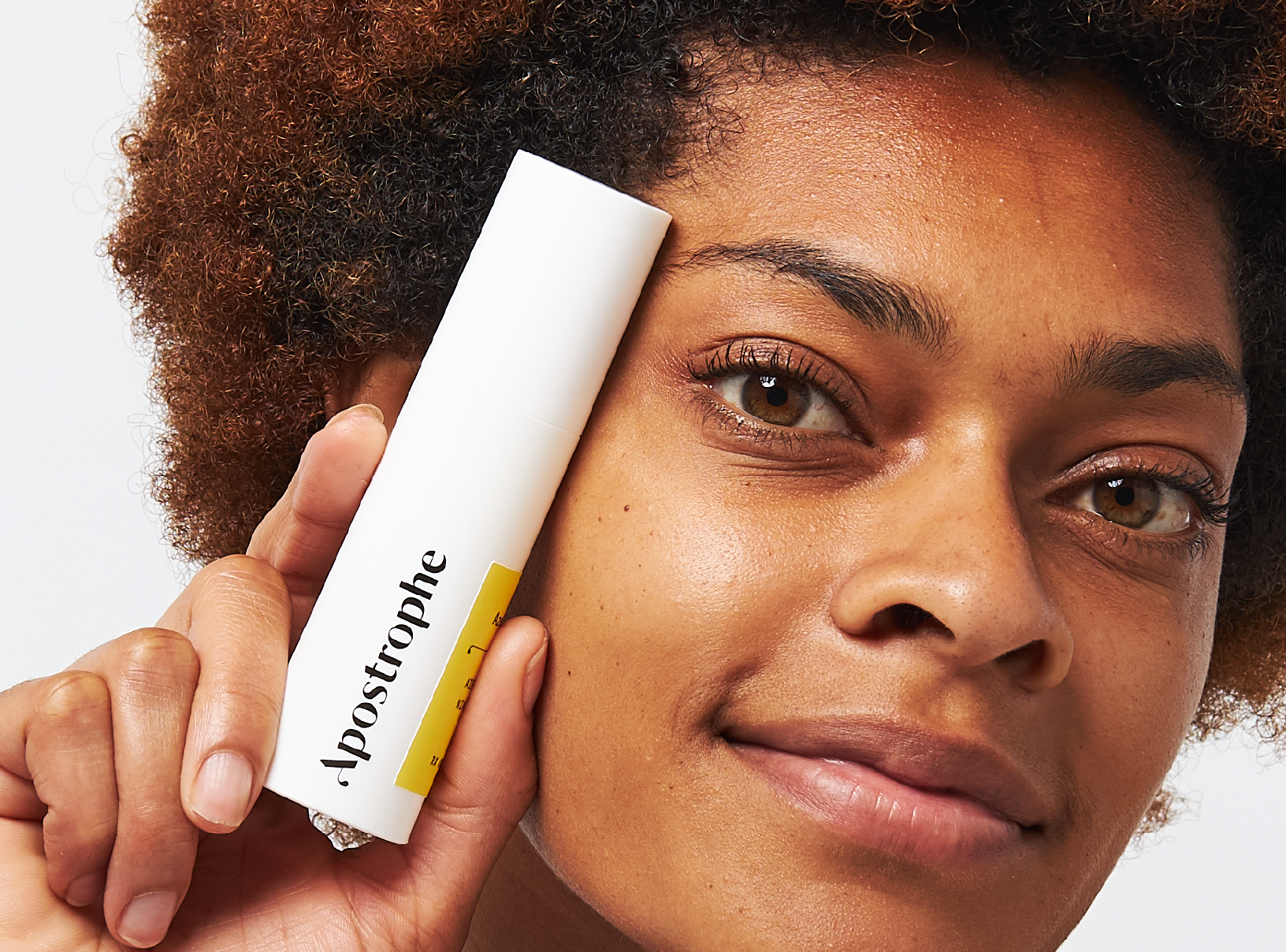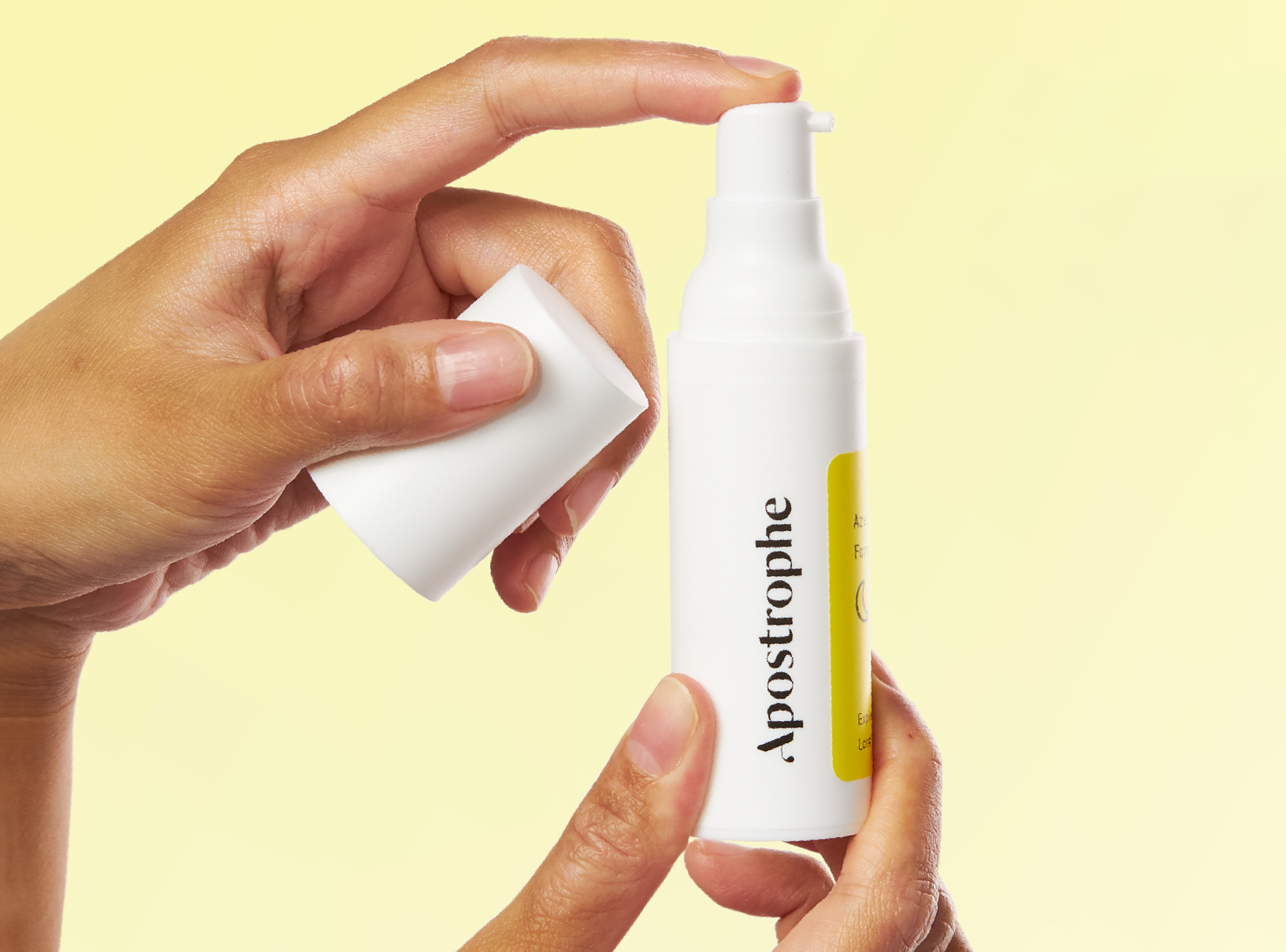Education
Skin Aging 101: How Retinoids Help You Age Gracefully


SHARE
Education
Skin Aging 101: How Retinoids Help You Age Gracefully
Medically reviewed by Aimee Paik, MD
Written by Apostrophe Team
Last updated 10/1/2024
Hunting around on the internet for answers to your skin woes is second nature to skincare addicts everywhere. However, sometimes you need to go straight to the source for the best information. Dr. Aimee Paik, board-certified dermatologist, knows her stuff when it comes to maintaining a youthful glow. Luckily for us, she’s created a guide on all things aging and explains why retinoids are key to keeping your skin radiant as you get older. Read on to learn more!
Three main culprits contribute to skin damage
Before you can stop skin damage, you have to know what causes it. There are three main causes of skin “aging:” sun exposure, smoking, and time.
The sun wreaks the most havoc on your skin. Termed “photoaging,” the sun causes skin to become coarse, dull, and leathery. The skin thins and loses its elasticity. Wrinkles, irregular hyperpigmentation, and visible blood vessels (telangiectasias, or “spider veins”) follow. UV exposure also causes your pores to dilate leading to open comedones, or “blackheads.” Even sun exposure that does not result in burns contributes to photoaging. And don’t be fooled into thinking that tanning beds are an easy way out. Tanning beds cause even more sun damage than the sun itself and have been associated with melanoma, a dangerous type of skin cancer. Worshipping the sun now will come at a cost later.
Smoking leads to the same damaging effects as UV exposure. Reactive oxygen species (ROS) produced from tobacco smoke are chemically active substances that damage the skin and lead to wrinkles and blackheads.
Finally, time alone will also cause the skin to age, but to a lesser extent. You can see its effects most clearly in areas that do not see the sun, the buttocks being the prime site. The skin is smooth and unblemished without discoloration. However, elastic fibers that give skin its bounce slowly degenerate over time leading to a soft and loose appearance.
While we can’t control the passage of time, the good news is the other factors are within our control. There is nothing that dermatologists are more passionate about than sun protection. The sun not only leads to skin cancer, but it causes wrinkles, dilated pores, and dark spots. For this reason, I always recommend wearing sunscreen of SPF 30 or higher every single morning, even on cloudy or rainy days. Sun protection does not end with sunscreen. Other important sun protective measures include wearing wide-brimmed hats, seeking the shade, and avoiding mid-day sun when possible since UV rays are strongest mid-day. Protecting your skin is the best way to keep it healthy and youthful for years to come!
Cozy up to topical retinoids
Topical retinoids are the next most important step in your skin care regimen. They have been extensively studied and proven to be effective. The greatest benefits are seen after consistent long-term use and it’s never too early to start. Retinoids are our most effective acne treatment and continued use helps maintain healthy youthful skin. I have been using one since I was 16 – for decades now.
If you are new to retinoids, you can expect the following skin changes:
An increase in pinkness and smoothness of the skin is noted in the first month. You can start to see improvement in fine lines by the third month of treatment, which will continue to improve with consistent use. By four months of use, the skin reflects more light which provides a more youthful appearance to the skin (that “youthful glow” everyone is always going on about). Sun spots Sun spots can lighten at this stage, but will not disappear completely.
After six months of use, new collagen starts to form underneath the surface of the skin. In most patients, substantial improvement is achieved between 9-16 months of treatment. After 2-3 years of treatment, there is a greater degree of improvement in fine and coarse wrinkling. Areas of skin laxity or sagging, especially around the eyes, are tightened.
Irritation can occur anytime in the first ten weeks after starting treatment. Your skin will adjust to the medication and the irritation will go away after three months of treatment. Continued use is important to develop this tolerance so keep using the medication, even if you can only use it every other day. As always, make sure to apply sunscreen! Retinoids can make the skin a little more sensitive to UV light, especially in the first three to six months, but you already know how important daily sun protection is to prevent skin aging.
Now you’re armed with the info you need to keep your skin healthy and glowing. Turns out your mom was always right and now she has a doctor to back her up: stay away from cigarettes and slather on sunscreen to keep your skin radiant for years to come!
1. Bolognia, Jean. Aging skin. https://www.amjmed.com/article/S0002-9343(99)80066-7/abstract 2. Goldfarb, Michael et al. Topical tretinoin therapy: Its use in photoaged skin. https://www.jaad.org/article/S0190-9622(89)70232-2/pdf 3. Morita, Akimichi. Tobacco smoke causes premature skin aging. https://www.sciencedirect.com/science/article/pii/S0923181107003210 4. Mukherjee, Siddharth et al. Retinoids in the treatment of skin aging: an overview of clinical efficacy and safety. https://www.ncbi.nlm.nih.gov/pmc/articles/PMC2699641/
Like what you just read? Sign up for our email list to get the scoop on skincare science delivered straight to your inbox.

Deep Dives
A dermatologist shares his thoughts on the recent studies about benzoyl peroxide and benzene.
Read More
Education
What is milia?
What is milia? Today, we’re jumping into one type of bump that you may have heard about most commonly in infants — milia.
Read More
Education
Best moisturizer for acne-prone skin
If you have combination acne-prone skin, figuring out which moisturizer is best for your skin might be tough. In this guide, we break down the best moisturizer for combination, acne-prone skin.
Read More
